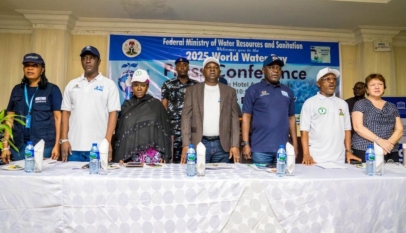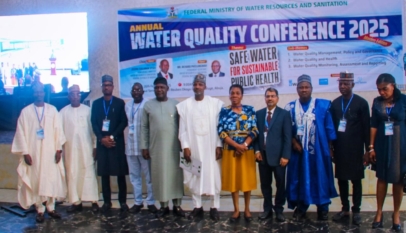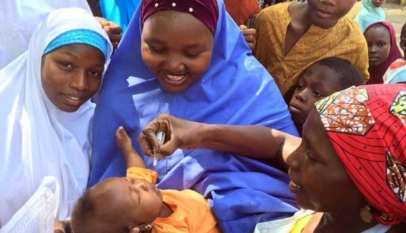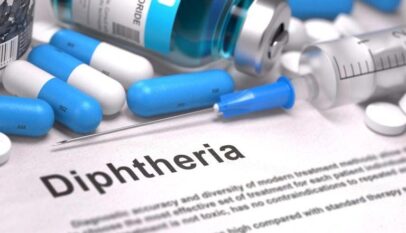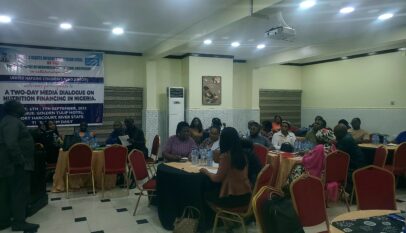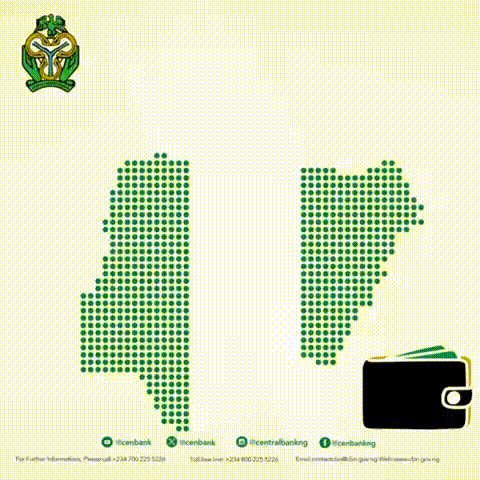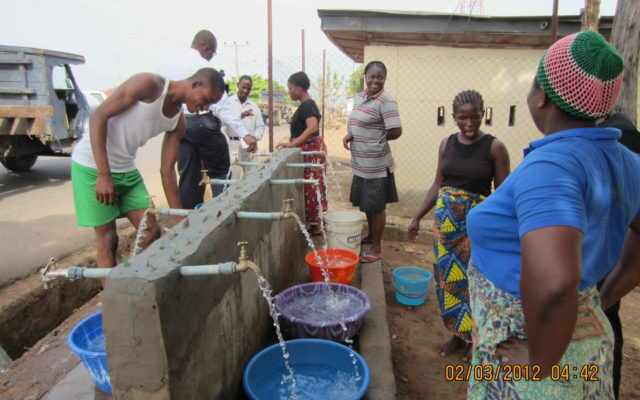
UNICEF charges Nigerian government to increase investment in safe water
The issue of accelerating climate change is a more reason for the Nigerian government to invest in safer water for everyone, according to the United Nations Children Fund (UNICEF).
Chief of WASH UNICEF, Dr. Jane Bevan said on Wednesday in Abuja at an event to commemorate the 2023 World Water Day with the theme, “Accelerating Change” that World Water Day was an opportunity for a call to action for all stakeholders to deliberately work to improve water and sanitation in the country.
Bevan commended the ministry of water and states for investing in the water while pointing out that many existing water schemes in the country are not been maintained or improved on, so it is difficult with new schemes coming up, to keep the old ones up to date.
She said it was estimated that 78 million children in Nigeria suffered from poor water access at the moment, saying at least a third of them lack access to water at home, and two-thirds lack access to basic sanitation.
According to her, “Nigeria is one of the 10 countries in Sub-Saharan Africa that carry the heaviest burden of diseases caused by inadequate WASH. Diseases such as cholera kill children most and a third of the children in this country do not have access to safe water.
“Together with the issues of accelerating climate change and extreme weather, we are seeing increased flooding storms, rainfall, increased temperatures, which means we have more cholera than in the past.
“So we need to do more not less for the children of Nigeria, we owe it to them to really come together and invest more for water and do our best to reach everybody.
“In fact, Nigeria’s level of investment is one of the lowest in the region. Average investment in water in West Africa is 0.7% of GDP but in Nigeria, it is less than 3%. So there is really a lot more that could be done.”
Representative of the Federal Ministry of Water Resources, Mrs. Agnes Aneke, said, this year’s World Water Day tagged: “Accelerating Change”, was aimed at advocating for government and key actors to invest in institutions, infrastructure, information, and innovation to realize the many benefits derived from water and reduce the risks associated with it.
“The primary purpose of celebrating this day is to promote the achievement of SDGs 6, which aims to provide access to clean water and sanitation for everyone by 2030.”
She pledged the commitment of the administration to continue collaborating with development partners and donors to properly execute water policies in the country.
Representative of Food and Agriculture Organisation (FAO), Mr. Fred Kafeero, explained that over 700 million people in the world face high and critical water stress and over 90 percent of natural disasters are water related.
According to him, agriculture accounts for 72 percent of freshwater withdrawals, adding that on current trends, an additional 35 percent in water resources will be needed by 2050, to meet the growing demand for food, fibre, and feed.
He said, “Nigeria is in critical need of an efficient food system that is anchored on water. We have a lot of challenges with water resources in Nigeria. In the arid region, we have an inadequate water supply. And then in the Southern part of the country, we have pollution – the water available is not useful for agriculture or for human consumption. So we need to act fast to ensure that we are able to sustain our food systems and also our lives.”

